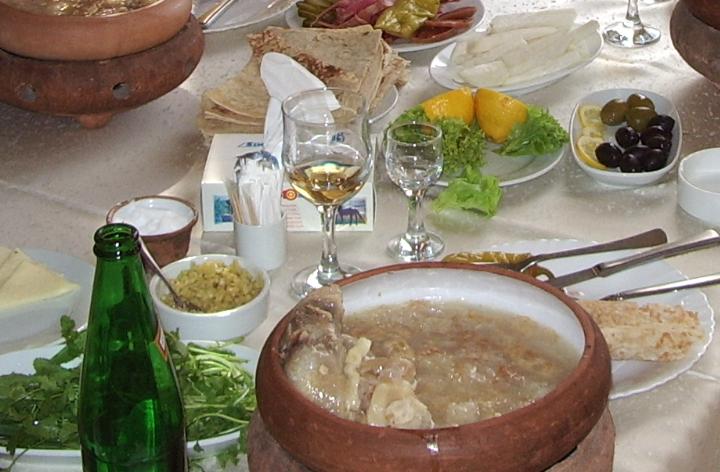|
Pacha (other)
Pacha may refer to: * Pacha (dish), a Persian word in many languages for boiled cow or sheep feet. * Pacha (Inca mythology), a concept of space-time and the spheres of the cosmos In Afghan politics: * Bacha Khan or Pacha Khan, an Afghan leader * Pacha Khan Zadran, a powerful militia leader, politician and Pashtun nationalist in the southeast of Afghanistan * Sher Ali Bacha (1935–1998), Pashtun revolutionary leader In Incan mythology: * Mama Pacha, a dragoness fertility goddess who presided over planting and harvesting in Incan mythology * Pacha Kamaq, the deity worshipped in the city of Pachacamac by the Ichma * Uku Pacha, the underworld located beneath the Earth's surface in Incan mythology In other fields: * Alternative spelling of Pasha, a Turkish military and government rank * Pacha (The Emperor's New Groove), Pacha (''The Emperor's New Groove''), a character in the Disney franchise ''The Emperor's New Groove'' * Presidential Advisory Council on HIV/AIDS, a commission for ... [...More Info...] [...Related Items...] OR: [Wikipedia] [Google] [Baidu] |
Pacha (dish)
Khash ( hy, խաշ; known by the derivations ''khashi'' () and , respectively) is a dish of boiled cow or sheep parts, which might include the head, feet, and stomach (tripe). It is also known by other designations, namely ( fa, پاچه; al, paçe; Assyrian: ; acm, پاچة, pacha; sh, pača; bg, пача; hu, pacal; gr, πατσάς), ( fa, کلهپاچه; tr, kelle paça; az, kəllə-paça), ( cv, какай шÿрпи) or ( ku, سهروپێ). Khash and its variations are traditional dishes in Afghanistan, Albania, Armenia, Azerbaijan, Bosnia and Herzegovina, Bulgaria, Georgia, Greece, Iran, Iraq, Turkey, North Macedonia, Mongolia and some Persian Gulf countries. Etymology The name ''khash'' originates from the Armenian verb (), which means "to boil". The dish, initially called ''khashoy'' (), is mentioned by a number of medieval Armenian authors, including Grigor Magistros (11th century), Mkhitar Heratsi (12th century), and Yesayi Nchetsi (13th century). ... [...More Info...] [...Related Items...] OR: [Wikipedia] [Google] [Baidu] |
